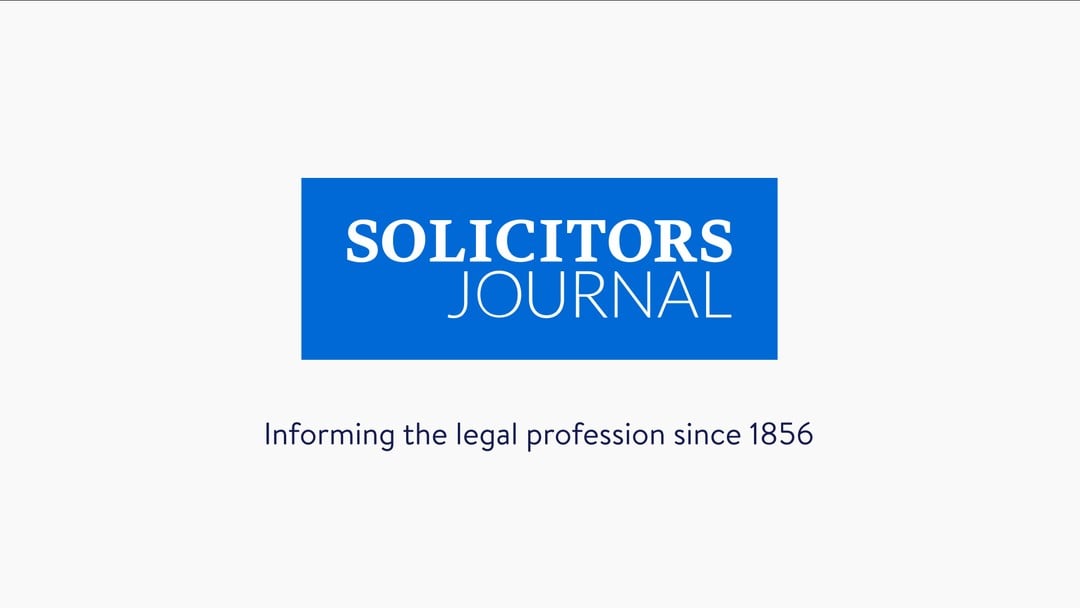Faith and understanding: the principle of indemnity

Has a recent High Court case unfairly reduced the categories of people entitled to compensation, asks Emma Hatfield
In Swift 1st Ltd v Chief Land Registrar [2014] All ER (D)
12 (February), Bimla Rani Sunsoay was the registered proprietor of 15 Elmstead Road in Ilford, Essex. In June 2006, after receiving a mortgage application from a broker signed by her and executing
a legal charge, Swift successfully registered its charge with the Land Registry.
Following defaults in repayments, Swift issued possession proceedings.
Rani defended the proceedings arguing Swift’s charge had been forged. She counterclaimed, asking the court to set it aside and amend the register accordingly. Accepting that the charge had been obtained by the fraud of an unknown third party, the court ordered Swift’s charge be set aside. The Land Registry amended the register by cancelling this charge.
Swift applied for indemnity but was refused on the basis that there had been no rectification. It applied to the High Court seeking determination
under paragraph 7 of schedule
8 of the Land Registration
Act 2002 (LRA). The court
held that Swift was entitled to 100 per cent indemnity.
The court disagreed with the Chief Land Registrar that paragraphs 1(2)(b) and 11(2)
of Schedule 8 should be read separately. This was not the intention. It was clear that by adding the words “as if the disposition had not been forged” in paragraph 1(2)(b), in relation to those suffering loss by reason of such rectification, victims of a forged disposition who had acted in good faith were being recognised by the LRA and given redress
following rectification.
The Law Commission’s Consultation Document and Draft Bill, preceding the 2002 legislation, showed a clear intention to reverse the Court
of Appeal’s decision in Re Odell [1906] 2 Ch 47, which had held that an innocent proprietor
of a registered charge was not entitled to indemnity where
the charge later transpired to
be a forgery.
The purpose of paragraphs 1(2)(b) and 11(2) was to ensure that those like Swift were
placed on an equal footing
with others whose document had not been forged. The effect of considering the paragraphs separately would render paragraph 1(2)(b) useless.
Malory’s ghost
One concerning aspect was the re-emergence Malory Enterprises Ltd v Cheshire Homes (UK) Ltd [2002] Ch 216. Some had hoped Malory would cease to have effect with the introduction of the LRA 2002.
Counsel for the Chief Land Registrar argued, as a secondary point, that even if Swift had been affected by the change to the register, it was not prejudicially so as it was bound by Rani’s overriding interest under schedule 3, paragraph 2 of the LRA 2002. As a victim of fraud she had an “absolute right to the unencumbered freehold interest in the property as Swift’s charge as against her was a nullity” and was in actual occupation at the material time.
This argument was only possible by accepting an assumption that under schedule 8 of the LRA both legal estate and beneficial interest passed under a forged disposition on registration. To do so would require the court to go against Malory. Reluctantly the court declined stating, as there was no material difference between section 69 of the Land Registration Act 1925 and section 58 of the LRA 2002, the effect of registration of a forged disposition was to transfer the legal estate only and not the beneficial ownership.
Bittersweet ending
Positively, the clarification of schedule 8 is welcome. It is only right that those who have acted in good faith but are victims of the fraud should be compensated. This is surely the principle of indemnity.
There is concern, however, that this represents an attempt to reduce the categories
of people entitled to compensation payments. Indemnity should be limited
or refused where those affected
by the rectification have contributed to it in some way,
by negligence or a failure to make reasonable checks.
Swift fell into neither category and to leave it without the security of a registered charge
or without indemnity is wholly unfair. It is made all the more uneasy against the backdrop
of the recent consultation to
sell off or semi-privatise the Land Registry. SJ
Emma Hatfield is a non-practising solicitor and senior lecturer at the University of Huddersfield
